Season Three of The Crown sees an all-new cast take the stage, with Olivia Colman reprising the role of Queen Elizabeth II and Helena Bonham Carter taking over as Princess Margaret. They are both the main focus of the show’s third trip ‘round the sun, with the addition of Josh O’Connor as Prince Charles (who won an Emmy for his brilliant turn in the role). Each character helps embody a sort of narrative triangulation around the season’s main themes. The first is the queen, who is slowly losing control of both her children and her country. The second is Princess Margaret, who is rapidly losing her autonomy at the behest of the Establishment. The third is Prince Charles, who is slowly becoming aware that he’s a crossbreed between his mother and his aunt, unable to reconcile the heart's needs with the needs of the Commonwealth. Through the POV of Elizabeth, Margaret, and Charles, the third season’s job is both simple and yet extremely daunting: to set the stage for the emergence of Princess Diana.
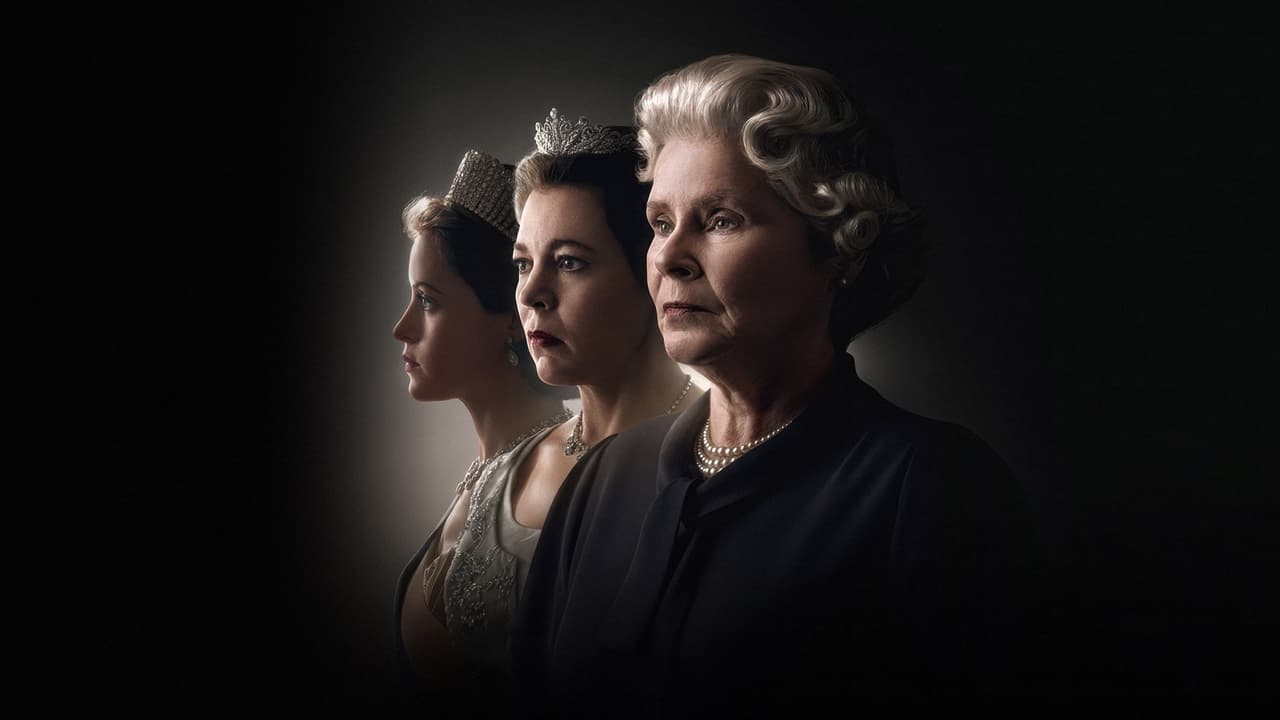
 81%
81% 78
78 8.6
8.6
Olivia Colman
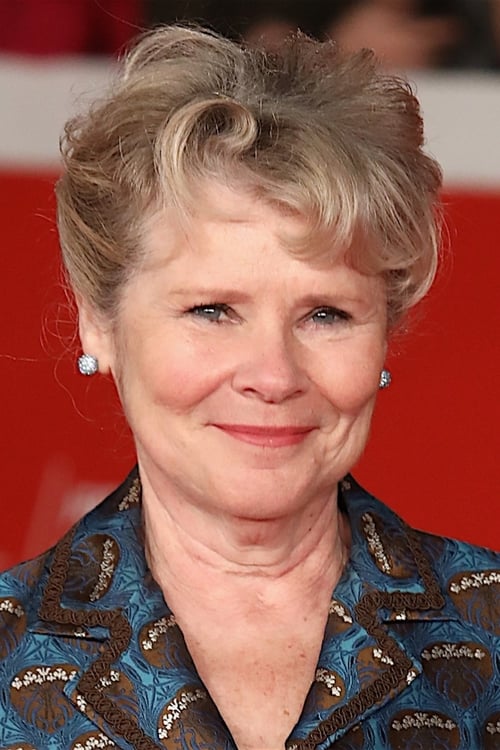
Imelda Staunton
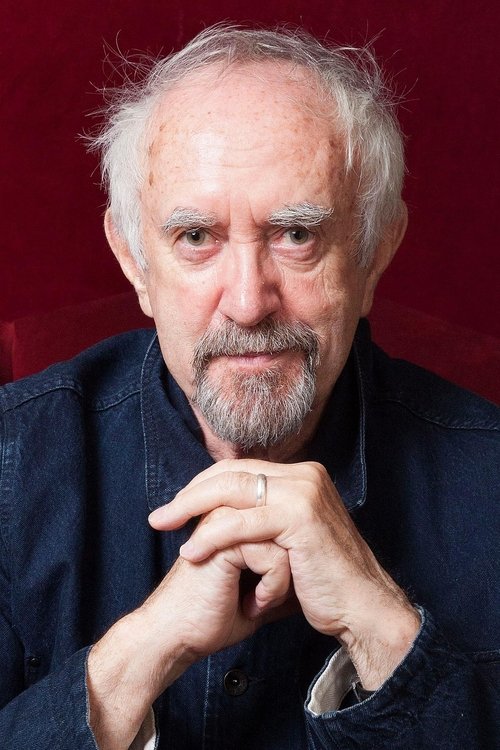
Jonathan Pryce
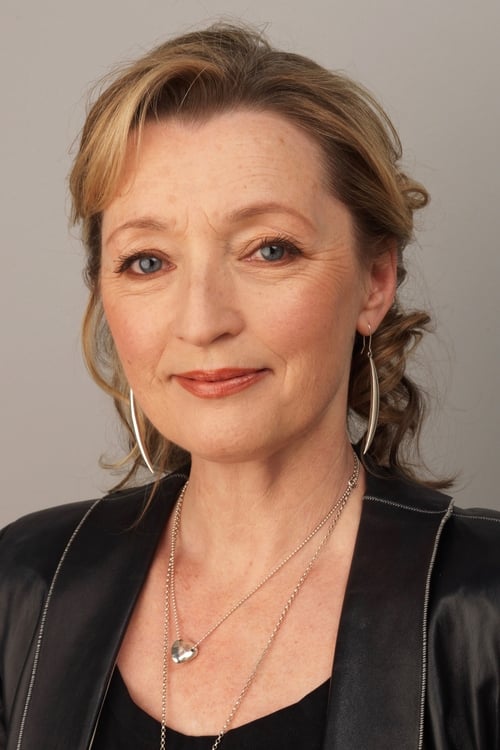
Lesley Manville
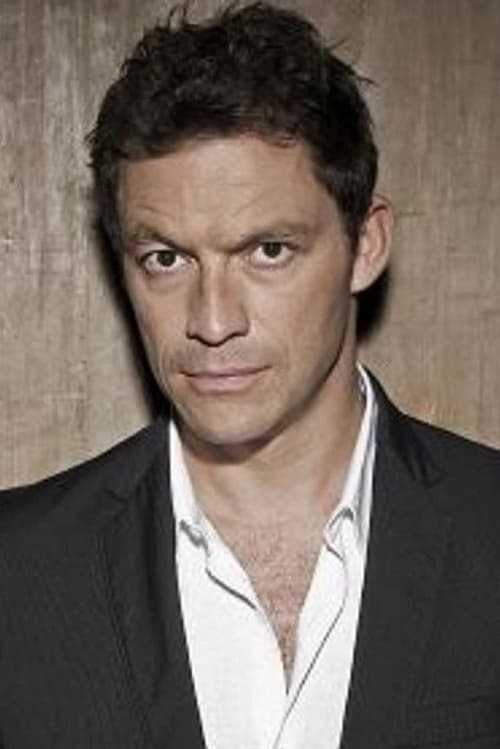
Dominic West

Matt Smith
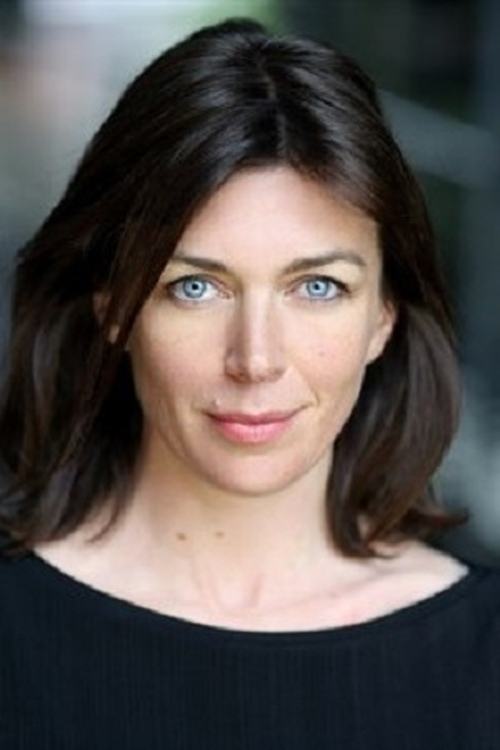
Claudia Harrison
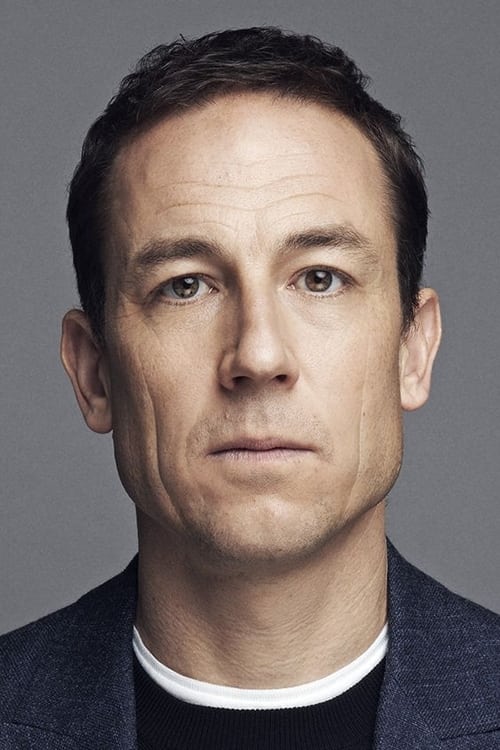
Tobias Menzies
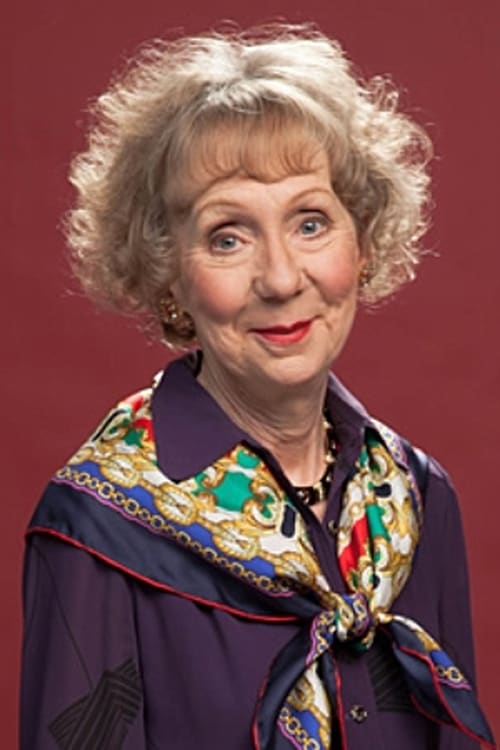
Marcia Warren
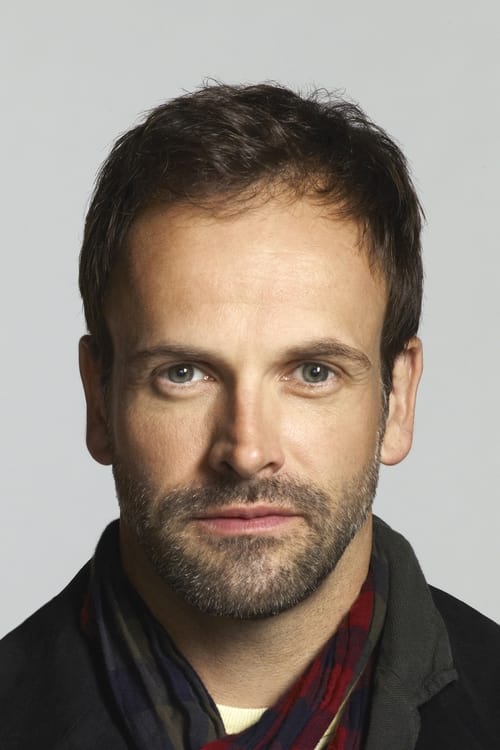
Jonny Lee Miller
Olding
Directed by Benjamin Caron
Season Three swaps Matthew Goode for Ben Daniels to portray Antony Armstrong-Jones or Tony, husband of Princess Margaret. Since Season Two, the man has gone from a portraitist to the 1st Earl of Snowden and been named Constable of Caernarfon Castle in Gwynedd, Wales. When we first find Tony in Season Three, he abandons plans with Margaret to “take photos of election day” against the backdrop of Ned Miller’s “From a Jack to a King.” Without any clue where he’d headed, the obvious assumption is that he’s en route to some sort of infidelity.
While Tony galivants around town, Margaret obsessively pounds the door to his work shed as the lyrics ensue. I played an Ace, and I won a Queen / And walked away with your heart / With no regret I stacked the cards last night / And lady luck played her hand just right. The message is clear as day. Tony played Princess Margaret for her status, money, and palaces. This begs the uncomfortable question: If Tony went from a Jack to a King by marrying Margaret, then what did Margaret go to? Aside from going from single to married?
Margaretology
Directed by Benjamin Caron
Feeling as though she’s failed to share the spotlight with her sister, Elizabeth tasks Margaret with going to D.C. to charm President Lydon B. Johnson into giving the UK a financial bailout. Thrilled at the notion of being given a purpose, Margaret thrives as she tours the United States in a montage set against “When You’re Smiling (The World Smiles with You)” by Billie Holiday. The episode is titled Margaretology, the term newspapers coined for studying the princess’s every move. To see Margaret thrive as a character is extremely refreshing since, up til now, we’ve only seen her ripped away from lovers, get cheated on, or develop a smoking addiction. To see her making a room full of people laugh, being photographed in a bubbly bathtub, or memorizing a guest list for an important dinner reminds the audience of how important one’s purpose is. “Having no role,” Margaret laments, “having nothing to do is… soul-destroying.”
At the end of the episode, however, things revert back to how they were. Even though Margaret successfully convinces Johnson to help with the bailout, Elizabeth refuses to give her sister any more royal duties because, on some level, the queen is incapable of sharing the spotlight with anyone who exudes more charisma than herself – as exemplified previously in Season Two’s episode, Dear Mrs. Kennedy.
Aberfan
Directed by Benjamin Caron
Though this is not a licensed track, a piece of music from the season’s score titled Aberfan deserves an honorable mention. It was composed by Martin Phipps, who composed the music for seasons Three through Six of the show. (Run, don’t walk, to one of his four Crown albums. They are phenomenal.) Aberfan is the fifth song on the 3rd season’s soundtrack, and it hits hard. Composed to be set against the backdrop of the Aberfan disaster 1966, this six-minute choral sweep exudes the pain of tragedy with a hint of divine intervention. Though it appears several times in this episode, the Aberfan theme recurs constantly throughout the entire series from this point on. It is even sampled (and remixed) to accompany the very last shot of the entire series – but more on that later! In the episode, a landslide destroys a schoolhouse at the base of a mining town and kills everyone inside. It’s a horrific story that prompts nearly every character to burst into tears at one point or another – except Elizabeth. Scrutinized for her delayed response to the tragedy, both in the show and in life, Elizabeth finds herself unable to cry at the thought of the Aberfan children. It isn’t until she’s alone, in the confines of her bedchambers, that the Aberfan score builds to a crescendo, and a single tear rolls down the monarch’s face.
Coup
Directed by Christian Schwochow
Episode Five sees a character yet to be discussed in this blog series, Lord Mountbatten. His positioning in the show is confusing but put quite plainly, he is Prince Philip’s uncle. (Lord Mountbatten and Princess Alice of Battenberg, Philip’s mother, are brother and sister.) The depiction of him in the show is quite tame and demure compared to the accusations made against him in real life. Nevertheless, Lord Mountbatten is removed from his post as Chief of the Defence at the Naval Academy in Greenwich at the start of Episode Five. At this point in the narrative, he’s perceived as a symbol of erudite, unearned privilege and is therefore demoted under the order of Harold Wilson, the Prime Minister. As Mountbatten retires from the Ministry of Defence, his comrades sing a booming version of “Auld Lang Syne” by Robert Burns. The title translates directly to “times long gone,” and it has become all too apparent that Mountbatten is entirely from another era, for at the end of the episode, he joins his sister (Princess Alice) for a brief talk. There, she tells him that if you’re lucky enough to turn seventy, your job as a person is to stay out of the way.
Twysog Cymru
Directed by Christian Schwochow
In anticipation of his investiture, during which he’ll be crowned the Prince of Wales, Charles is sent to Aberystwyth University to study Welsh under a professor called Edward Glynne Millward. Ripped away from his studies at Cambridge, Charles is greeted by a warm welcome from everyone at Aberystwyth except Millward. The professor is a staunch republic nationalist who perceives the title of Prince of Wales to be nothing more than “a princehood imposed upon us illegitimately by an imperial conquest.” And yet, the two must work together so that Charles can deliver his investiture speech in Welsh on the 1st of July, 1969. (Ironically enough, July 1st is also the birthday of Charles’s future wife, Princess Diana, who is only eight years old when this occurs.) Charles gives his speech at Caernarfon Castle of Snowdonia, a medieval fortress where the title of the Prince of Wales was first bestowed upon Edward II, son of Edward I. The title had originally been bestowed upon the King of Gwynedd, a true son of Wales called Llewelyn ap Gruffudd, by King Henry III in 1255. Henry’s son Edward then stripped Gruffudd of the title and bestowed it upon his own son, Edward II, at the gates of Caernarfon Castle in 1301. This was the moment in history when the title of Prince of Wales changed hands forever. No longer a title of power for Welsh natives and royalty, it belonged to the British Royal Family. The episode ends with a song called “Carlo” by Dafydd Iwan that plays behind the end credits. It’s an anti-investiture ballad (written and performed in Welsh) from the same year of Charles’s investiture, and the lyrics describe a yearning for the people of Wales to get away from “my little friend who lives in Buckingham Palace.”
Dangling Man
Directed by Sam Donovan
Dangling Man introduces us to two new characters: Camilla Shand and Andrew Parker Bowels. Sound familiar? It should. They’re a young, aristocratic couple on the rocks who have their eyes set on royalty far more than each other. At the beginning of the episode, Camilla leaves Andrew Parker Bowels to attend the amalgamation ball himself as punishment for cheating on her with a woman named Ginny. While at the ball, Andrew’s friend introduces him to Princess Anne, the only daughter of Queen Elizabeth II. She’s a tough, headstrong member of the Royal Family with no time for anybody’s funny business – except perhaps Captain Andrew Parker Bowles. The duo flirt in a ballroom full of people as “Trouble in Mind” by Humphrey Lyttleton and His Band hums in the background. Anne admits that she’s spent her fair share of time “gawping” at Bowles on the polo field, and just as their flirtation hits its crescendo, the filmmakers smash cut to the next morning, where we find the two of them naked in bed. With Princess Anne, Ginny, and Camilla Shand under his belt, it appears as though trouble is most definitely on somebody’s mind – if not several somebodies.
While Andrew focuses his attention on Princess Anne, Camilla Shand shifts her focus to Anne’s brother of all people, Prince Charles. She makes her move on the polo field, cheering too loudly for the Princes of Wales in front of his entire family. They scowl at her public advances and quickly become determined to put an end to Camilla’s flirtation. This takes some scheming on behalf of the family members, namely the Queen Mother, who yearns to throw Camilla Shand to the curb in favor of someone suitable to hold the title of Queen of England. Nevertheless, Camilla manages to score a one-on-one date with the future king at Buckingham Palace, and the two enjoy a private dinner set against “Beggin’” by Frankie Valli & the Four Seasons. Between rejecting Andrew, letting him sleep with Princess Anne, and attending Charles’s polo match, it’s clear that Camilla Shand is simply begging the prince to take notice of her. Riding high, when I was king, the lyrics go. I played it hard and fast, ‘cause I had everything / I walked away, but you warned me then / But easy come, and easy go, and it would end.
Later on, Princess Anne approaches her brother, Charles, about the situation. “Just make sure things remain the right way around,” she says. “Us playing with Camilla and Andrew. Not them playing with us.”
Imbroglio
Directed by Sam Donovan
Summoned to a meeting at Buckingham Palace, Princess Anne drives her car through the gates while singing along to “Starman” by David Bowie. It’s a song about the next generation, children who want to be set free, boogie, and party. This mirrors the mindset of Princess Anne, Prince Charles, Captain Parker Bowles, and Camilla Shand as they engage in their love square (as opposed to a triangle). Upon arrival at Buckingham Palace, Anne is ambushed by senior members of the Royal Family who make it clear they’re aware that she and her brother are romantically involved with the same couple. All they want now is a confirmation of the facts, which Anne provides them as dispassionately as possible. Outraged by the impropriety of such an affair, the Queen Mother summons the parents of both Andrew Parker Bowles and Camilla Shand to Buckingham Palace, where she insists that Andrew and Camilla marry one another to free Charles and Anne of their imbroglio. In the end, Andrew and Camilla marry, to the delight of the Queen Mother, who observes the wedding, happily smiling from the aisle. Thus, Camilla Shand is converted into the infamous Camilla Parker Bowles, a woman who would go on to do everything in her power to seize control of the British Throne – quite successfully, too, I might add.
Cri de Coeur
Directed by Jessica Hobbs
The final episode of Season Three, Cri de Coeur, focuses almost entirely on Princess Margaret. It’s one of the season’s longer installments, packed to the brim with excellent music moments and some hefty emotional beats. With her relationship with Tony Armstrong-Jones at an all-time low, the princess escapes London to vacation with some friends in Glen. Here, she’s welcomed as a fun, charismatic socialite. She’s the life of the party, a stark contrast to the way Tony sees her—a spoiled, clingy brat who is good for little more than some physical pain and verbal abuse. In Glen, Margaret meets a young man named Roddy Llewelyn, a garden designer and aspiring journalist. It’s then that Margaret uses her status as a princess to sweep the fellow off his feet. In order to place her stamp on him, Margaret buys Roddy a tiny Speedo with the British flag on the crotch. The duo then perform some chamber music (“Red Hot Mama” by the Bronx Sisters and Arthur Johnston) at a piano in front of a room full of people. Margaret sports a boa and a top hat for the small show, proving that, despite her age difference from Roddy, the princess is still one red hot mama.
At the time of production, Helena Bonham Carter (who portrays Princess Margaret) had broken off her relationship with Tim Burton and started dating a man half her age named Rye Dag Holmboe, a PhD candidate in Art History at University College, London. There are several interviews where Bonham Carter talks about how her character’s relationship with a younger man mirrors hers. “It’s strange, though. It was odd timing that I seem to have a similar age gap as her, but I think it would have happened whether I was playing her or not.” The princess takes Roddy to her home in the Caribbean, Les Jolies Eaux, and the duo embark upon a silly and romantic vacation of kissing, water skiing, swimming, and gardening. The entire montage is set against “She’s Not There” by the Zombies. It’s the perfect song for this sequence. It answers every question everyone has about Margaret at this point in time. Where is she? Is she on a tour? Is she doing her duties? Is she in London? Is she at Kensington Palace? The answer is nope – she’s not there.
The song fluctuates between soft winds and strings and then loud, overpowering percussion that mirrors rock ‘n roll. It speaks to the peaks and valleys of new love. One second, you’re quietly lying side by side on the beach; the next, you’re globe-trotting with a party full of unfamiliar people. (It’s also a song that probably no one in Buckingham Palace would ever listen to.) Ultimately, the act of simply being with Roddy is an act of rebellion against the Crown. Margaret is saying to her sister and the Establishment at large, “You do not and cannot control me.” And yet, as the episode ends, the Crown forces Margaret back to London upon publication of some racy pictures of the princess with Roddy in Mustique. Forced to face the reality of life with her husband, Margaret, and Tony engage in an all-out screaming match that essentially scares Roddy into fleeing the premises altogether. Ultimately, Margaret chases him outside only to find an empty courtyard. The princess then attempts suicide. Upon recovery, she is visited by her sister, the queen.
“Of all the people everywhere, you are the closest and most important to me,” Elizabeth says. “And if by doing this you wanted to let me imagine for one minute what life would be like without you, you succeeded. It would be unbearable.”
“Then we must both carry on,” Margaret replies, unaware that in just eleven years, the queen would replace the princess with her son, Prince Edward, as Counsellor of State, effectively stripping Margaret of her title as a senior member of the Royal Family.
Check out the full The Crown Season Three soundtrack here.


